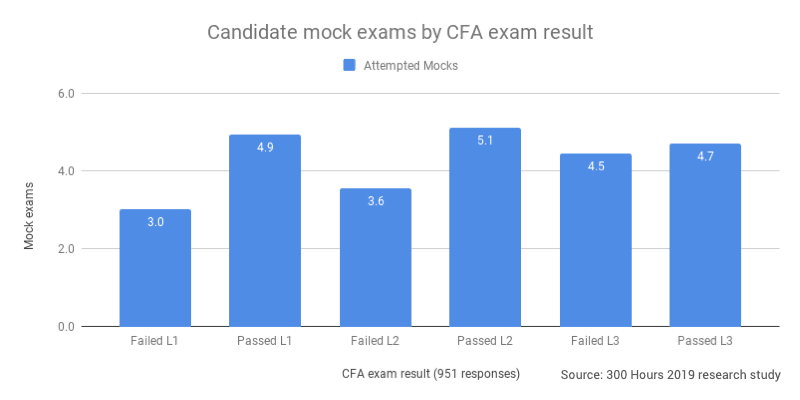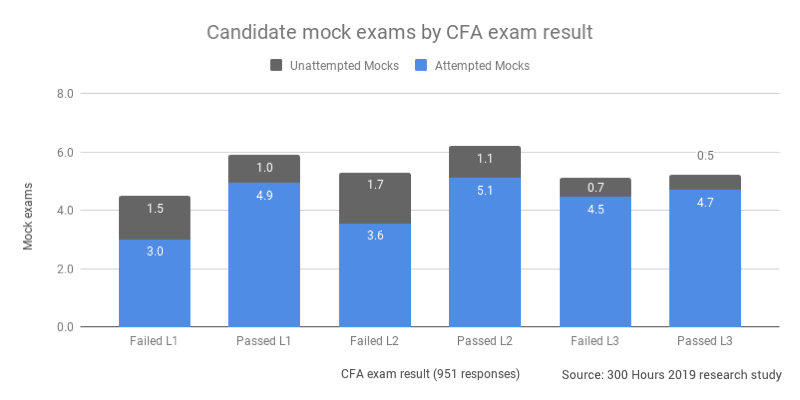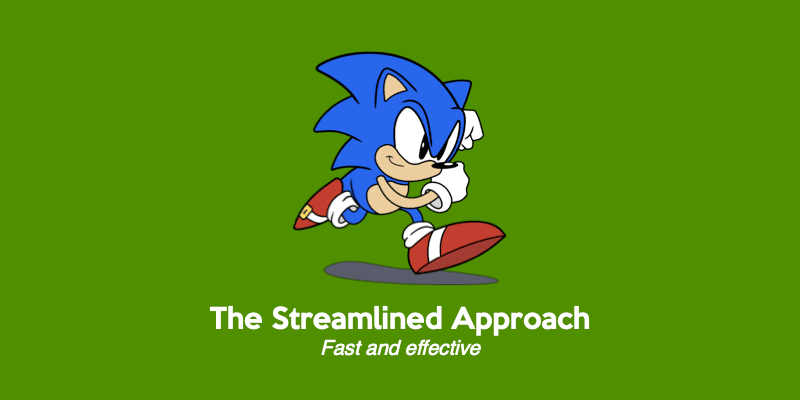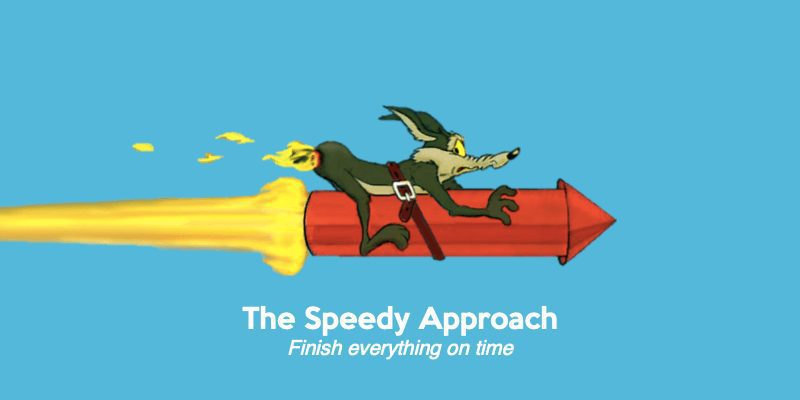So you bought a whole bunch of CFA practice tests. Are you on track to finish all of them by exam day?
Our research, based on 900+ candidate experiences and results, shows why finishing up matters, and how you can get there. Let’s dive in!
Why is it important to complete all your CFA practice tests?

Candidates who passed the CFA exams completed more mock exams
Practice is important to passing your CFA exams.
In our 2019 research study, we asked candidates to estimate the number of mock exams they completed by exam day.
When compared by CFA exam results, the conclusion was clear: candidates that pass the CFA exam complete more mock exams – nearly 2 whole mock exams more in Level 1.

Additional conclusions from this chart:
- Passing CFA exam candidates averaged nearly 2 more mock exams than candidates who failed in Level 1. This difference narrows to 1.5 mock exams in Level 2 and just 0.2 mock exams in Level 3.
- Passing candidates completed around 5 mock exams, which varies only slightly across all levels.
Candidates who passed the CFA exams are also more likely to have met their mock exam targets
But did they leave any mock exams undone?
Here is the same chart again, but this time it also shows the average number of mock exams that were not completed by exam day:

We can see from the chart that across all 3 levels, passing candidates are better at sticking to their target number of mock exams than failing candidates.
This suggests that some failing candidates may have targeted enough mock exams to get them to pass, but had issues completing them on time.
You can prevent this from happening by having a robust study plan that leaves enough time for practice.
But what your exam day is coming soon, and you’re already running out of time?
3 methods to complete all your mock exams by CFA exam day
When completing mock exams, there are a variety of approaches balancing thoroughness and speed. Your own optimal approach will depend on your specific circumstances.
Here are 3 main approaches that we recommend – use these as a base, and modify how you complete your mock exams to suit your preparations.

The thorough approach
The Thorough approach is ensures you get the most improvement per mock exam, but also requires the most time.
| Time needed | 8-10 hours per 3-hour paper, including reviewing answers |
| Steps | 1) Attempt the mock exam, preferably under timed conditions. 2) Grade the exam. 3) Thoroughly review the exam’s questions, focusing on questions you were unsure of and your incorrect answers. 4) Where possible, refer back to the relevant areas of your study notes to refresh your memory. |
| Pros | – You learn the most from each mock exam. – Problem areas are reviewed on the spot, so you’re addressing weaknesses as you go along |
| Cons | – A LOT of time needed for each mock exam – Intense process and can be a bit demoralizing – may not be suitable in the last days before the exam |

The streamlined approach
The Streamlined approach allows you to go through your mock exams faster, but sacrifices a bit of thoroughness.
| Time needed | 5-6 hours per 3-hour paper, including reviewing answers |
| Steps | 1) Attempt the mock exam, under timed conditions. 2) Grade the mock exam. 3) Thoroughly review the exam’s questions, focusing on questions you were unsure of and your incorrect answers. 4) To optimize for time, refrain from referring to your study notes unless you’re completely lost. |
| Pros | – Maintains a good balance between speed and thoroughness – Timed exam helps highlight any time-management issues |
| Cons | – Still requires a substantial amount of time per mock exam |

The speedy approach
If used correctly , the Speedy approach can be a very powerful approach.
It is suitable for when you’re reviewing practice exams that you’ve already completed, or if you’re really rushing to complete all your mock exams before the actual exam.
| Time needed | 2-4 hours per 3-hour paper, including reviewing answers |
| Steps | 1) Read through one question of the mock exam. 2) Settle on an answer. 3) Immediately review the given answer and explanation. 4) Move on to the next question and repeat steps 1-3 |
| Pros | – Allows you to go through the most number of practice questions in a given time – Not grading your paper might not be as insightful, but can help build confidence for exam day |
| Cons | – Does not utilize each mock exam to its full potential – Less knowledge gained per mock, and not as deep |
When using the Speedy approach, just read through the questions and answers – there’s no need for writing down answers. If that sounds a bit iffy, remember that this approach is to get through your mock exams as time-efficiently as possible.
This ‘read only’ method allows you to really blitz through your mock exams, although it is by far the least thorough approach. Use it if there is no other way to fit in mock exams otherwise, or as a method to review already-completed mock exams.
Completing CFA practice exams: FAQs

If I’m using the Speedy approach, how do I do calculation questions?
Have a quick think about the method and formulae you’d use to calculate the answer, then hop straight to reviewing the detailed answers. Go through the demonstrated calculations to check to see if your approach was right.
You obviously lose out on calculator practice, but we’re assuming you’re trying to save time here.
Depending on how time-efficient you want to be, you can also choose to perform the calculations yourself before reviewing, but this will need significantly more time.
Should I be completing my CFA mock exams ‘closed-book’ or ‘open-book’?
You should always complete your mock exams in a ‘closed-book’ way, i.e. not referring to your study materials when answering questions.
Doing your mock exams ‘open-book’ would defeat a lot of the main purposes of mock exams:
- It’s not how CFA exam day is going to be like
- You won’t get a good idea of how well you’re doing, as your score would not representative of your ability
- You would not be highlighting your weak areas
- Going through mock exams will take even more time
More resources that can help you at the mock exam stage

- Make sure you complete our free mock exams – comes complete with grading and explained answers:
- Here’s 10 ways to improve your mock exam score
- Need more mocks? Here’s the ultimate guide to CFA practice questions
- Know what is a safe CFA mock exam score to target for given recent MPS trends

For these stats, is one mock exam defined as one 3 hours exam? Or 6 hours, and thus both exam sessions?
I am not sure if the average of 5 exams given above is completing 5 x 3hrs exams, or 5 x 6hrs of exams…
I believe when it says 5 mocks, it means 5 full mocks
One mock exam = 2 x 3 hour exams, so 5 exams mean 5 x 2 x 3 hour exams.